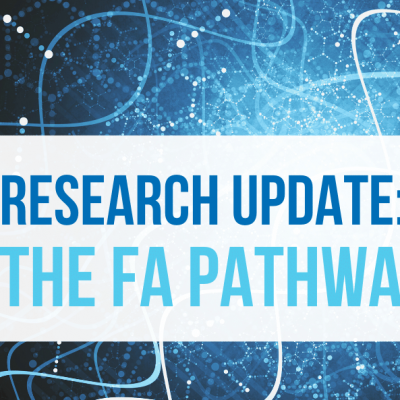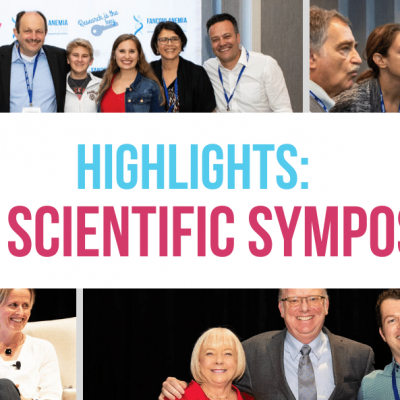Mutations in 23 Fanconi anemia (FA) genes cause defects in DNA repair, which leads to chromosome instability, bone marrow failure, malformations, and susceptibility to cancer. The most well-described role of FA genes in DNA repair is known as the “canonical”...
Announcements








